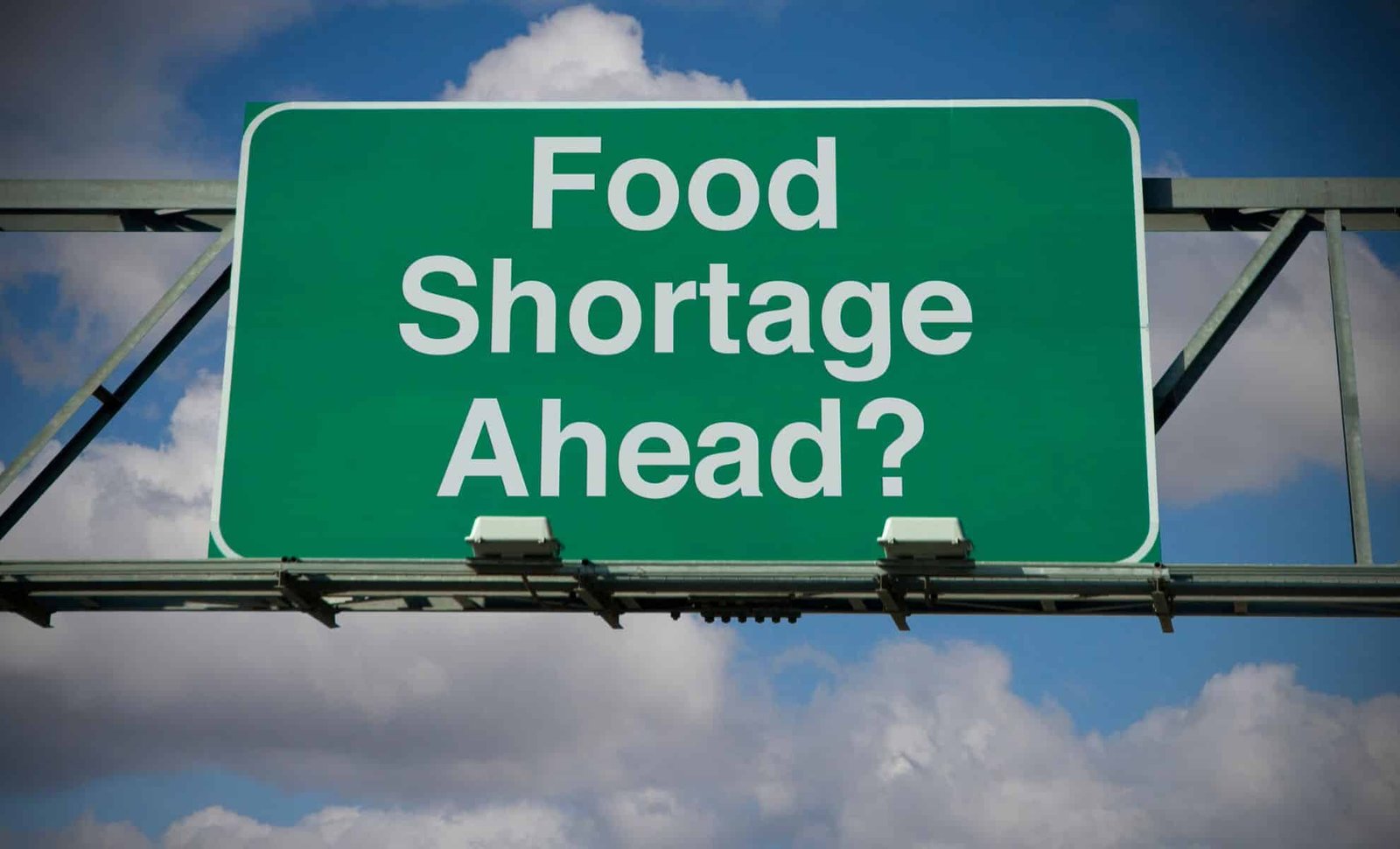In a recent assessment of EU food security released by the European Commission, experts have identified extreme weather as a primary challenge to food supply in Europe.
In a recent assessment of EU food security released by the European Commission on April 16th, experts have identified extreme weather as a primary challenge to food supply in Europe. This alarming revelation underscores the growing concerns within the EU about the vulnerability of its food chain to the impacts of climate change.
The report, which marks the second of its kind since 2023, draws upon insights from an expert group comprising representatives from EU member states, regions, and various stakeholder groups across the EU food chain. Their collective assessment paints a worrying picture of the current state of food security in the region.
Building upon the findings of the previous survey conducted in the latter half of 2023, the latest assessment reaffirms the persisting concerns regarding extreme weather events, import dependencies, transport bottlenecks, market volatility, and high input costs. However, it also sheds light on emerging trends and heightened anxieties among respondents.
Notably, officials working for the national public administrations of EU countries have expressed stronger concerns about the increasing frequency and severity of extreme weather events, which pose significant threats to agricultural productivity. Additionally, the rising input costs and commodity prices have further exacerbated the challenges faced by farmers and industry stakeholders alike.
Industry representatives have emphasized the susceptibility of food production to adverse weather conditions, citing difficulties in transportation, especially during droughts when low water levels impede inland waterway navigation. These bottlenecks in transportation have ripple effects throughout the entire food supply chain, from production to distribution, impacting food availability and affordability.
The financial strain on farmers has been particularly acute, with historic price peaks in 2022 and 2023 followed by a subsequent decline in certain food product prices. This downward trend in prices has squeezed farmers’ profit margins, compelling them to consider alternative crops that may yield higher returns. Consequently, there is a looming risk of reduced agricultural production or even abandonment of the sector by some farmers.
The report warns that these challenges, coupled with the uncertainty surrounding future weather patterns, could severely impact food supply in 2024. As the agricultural sector grapples with mounting pressures, there are concerns about the stability of food prices and their accessibility to consumers, especially those in low-income groups.
Despite a slight decrease in food retail prices and the stabilisation of food inflation below 5% in early 2024, the benefits of these developments have yet to trickle down to consumers, particularly those most vulnerable. The report underscores the disproportionate impact of food insecurity on households at risk of poverty, with a significant percentage unable to afford regular meals with essential proteins.
During the peak of inflation in 2022, approximately 8.3% of EU citizens struggled to afford a meal with meat, chicken, fish, or a vegetarian alternative every other day. For households facing poverty, this figure soared to 20%, highlighting the stark disparities in food accessibility across member states.
The disparities in food affordability are further underscored by the varying percentages across different EU countries, ranging from 1.4% in Ireland to a staggering 22.1% in Romania. These figures underscore the urgent need for comprehensive measures to address food security challenges and ensure equitable access to nutritious food for all EU citizens.
As Europe grapples with the multifaceted challenges posed by climate change and economic uncertainties, policymakers face mounting pressure to enact resilient and sustainable solutions to safeguard the region’s food supply and mitigate the impact of future crises.
